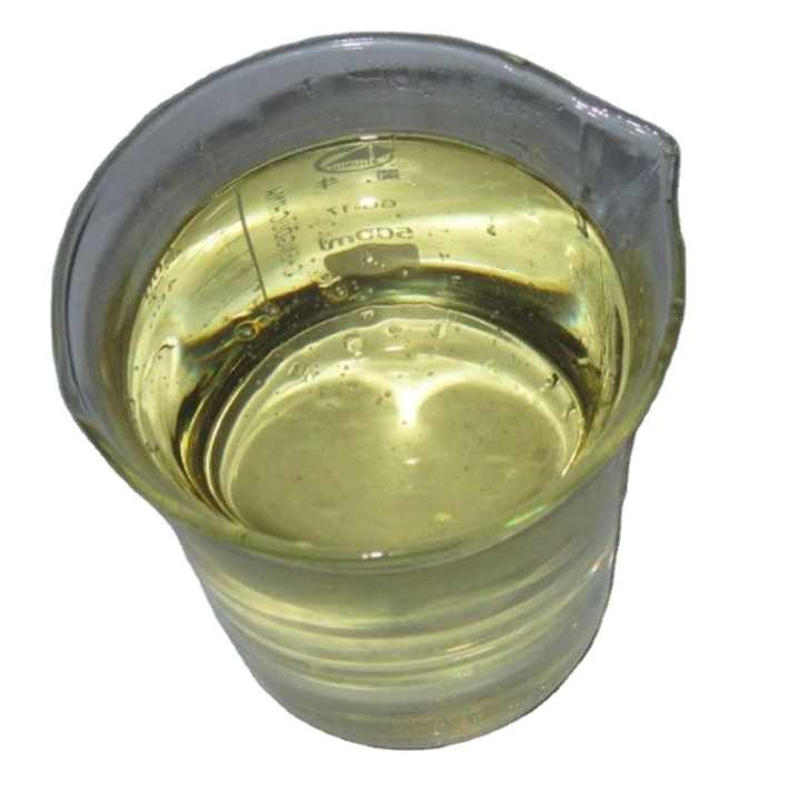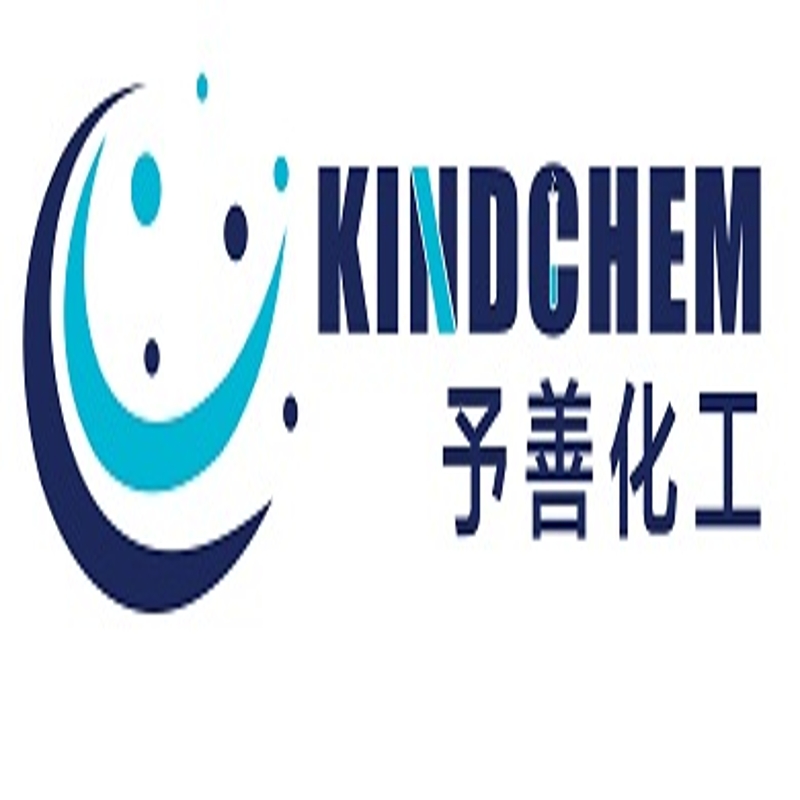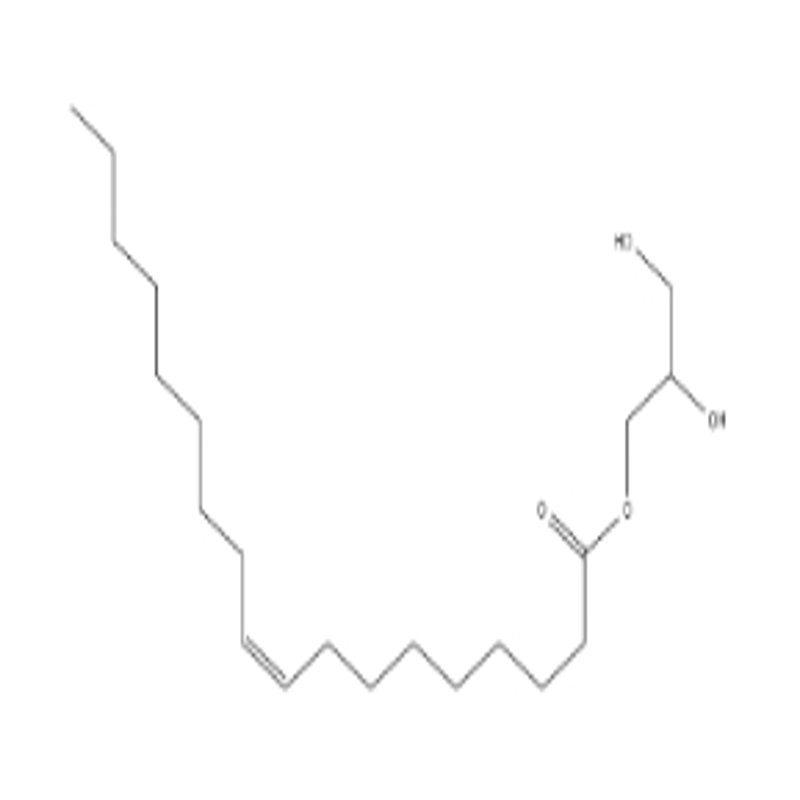-
Categories
-
Pharmaceutical Intermediates
-
Active Pharmaceutical Ingredients
-
Food Additives
- Industrial Coatings
- Agrochemicals
- Dyes and Pigments
- Surfactant
- Flavors and Fragrances
- Chemical Reagents
- Catalyst and Auxiliary
- Natural Products
- Inorganic Chemistry
-
Organic Chemistry
-
Biochemical Engineering
- Analytical Chemistry
- Cosmetic Ingredient
-
Pharmaceutical Intermediates
Promotion
ECHEMI Mall
Wholesale
Weekly Price
Exhibition
News
-
Trade Service
Through the unremitting efforts of several generations of chemists and engineers, plastics produced from petroleum, coal, and natural gas have become indispensable materials in daily life due to their light weight, durability, beauty, and low price
.
Post-consumer recycled (PCR) resins are made from plastic waste discarded by consumers
.
——Dow has launched materials containing 40% PCR resin
——Dow has launched materials containing 40% PCR resinIn 2020, Dow (DOW) developed and commercialized a new post-consumer recycled (PCR) formulated resin designed for heat shrink film applications in the Asia Pacific region
.
Dow's new post-consumer recycled (PCR) formulated resin offers good shrinkage, robustness and durability
.
This PCR resin material developed for the application of heat shrinkable film provides a guarantee for cluster packaging and safe transportation in the packaging industry with good shrinkage rate, stable machining and excellent mechanical properties
.
In addition, the solution contains 40% post-consumer recycled materials and can be used in the middle layer of heat shrinkable films, which can effectively reduce carbon dioxide emissions and energy consumption during resin production and achieve the goal of film recycling
.
Five advantages of Dow's formulated PCR resins:
1.
Helps reduce plastic packaging discards, landfills, or flow into other environments
2.
High product quality and strong stability
3.
Reduce reliance on virgin plastics made from fossil fuels
4.
Reduce carbon footprint and save energy
5.
Increase socioeconomic benefits in the value chain
Since 2019, the global response to plastic pollutants has been launched, and plastic application companies have pledged to significantly expand the use of recycled plastics or to neutralize the plastic consumed
.
The goal set by the Circular Plastics Alliance is to increase the amount of recycled plastic on the EU market to 10 million metric tons by 2025
.
——SABIC expands thermoplastic engineering plastic PCR products, which are used in the fields of consumer electronics and electronic appliances
——SABIC expands thermoplastic engineering plastic PCR products, which are used in the fields of consumer electronics and electronic appliancesIn November 2020, Saudi Basic Industries Corporation (SABIC) announced that its engineering plastics business will further expand its product line of CYCOLOY™ and LEXAN™ resins containing high levels of post-consumer recycled material (PCR)
.
Typical applications for the product portfolio will include consumer electronics such as chargers, printer copiers and laptop casings, and peripheral accessories
.
To meet the growing demand for recyclable materials from major brands in the consumer electronics and electrical and electronic industries
.
SABIC's PCR recycling material solution will be used in combination with new materials, and give full play to SABIC's technical advantages in modified engineering plastics to create products with a PCR content of up to 30%
.
According to SABIC's in-house Life Cycle Assessment (LCA) study[1], such products contribute to a significant reduction in carbon emissions by up to 25% compared to products based on all virgin ingredients Consumption can also be reduced by around 30%
.
SABIC expects to launch innovative material products with up to 60% PCR recycled content in 2021
.
According to the application requirements and characteristics of different industries, products with excellent performance are developed to meet the needs of end customers
.
With the further expansion of the post-consumer recycled engineering plastics product series, SABIC will continue to develop high-quality and high-performance products to meet the application needs in the market
.
SABIC has formulated extremely strict quality standards for the PCR products that will be put into production to meet the customer's requirements for product stability
.
Such PCR recycling materials will be sourced and supplied by SABIC partners with relevant certifications from all over the world
.
SABIC purchases granular recycled materials that can be put into production immediately, which fully complies with the relevant policies of the Chinese government on the recycling of plastic waste
.
——Japan Nagase launched PET chemical recycling PCR technology
——Japan Nagase launched PET chemical recycling PCR technologyMost PCRs on the market are physical recycling, but physical recycling has inherent shortcomings, such as the decline of mechanical properties, the limitation of color use, and the inability to provide food grade
.
However, with the development of technology, chemical recovery PCR provides more and better choices for the market, especially for high-end market applications
.
The advantages of chemical recycling PCR include: the same quality and characteristics of raw materials; stable physical properties; no need for molds and machines;
.
The high-end material department of Japan's Nagase Group joins hands with excellent plastic manufacturers to provide customers with PCR material applications: material selection; mold design; engineer on-site technical support; logistics management and other services
.
——The packaging of the full range of hair care series on the L'Oreal China market has been made of 100% PCR plastic
——The packaging of the full range of hair care series on the L'Oreal China market has been made of 100% PCR plasticL'Oréal Group proposes a new generation of 2030 sustainable development goals "L'Oréal for the future", this goal strategy is based on three pillars: self-transformation to respect the boundaries of the planet, empower business ecosystems, and contribute to global challenges , to create a "dual-engine" model that accelerates changes internally and empowers the ecosystem externally
.
L'Oreal proposed seven rules to reduce greenhouse gas emissions per unit of product by 50% by 2030 compared with 2016; by 2025, all operating facilities will improve energy efficiency and use 100% renewable energy to achieve carbon neutrality; By 2030, through innovation, consumers will reduce the greenhouse gas generated by the use of our products by 25% compared with 2016 per unit of finished product; by 2030, 100% of the water used in industrial processes will be recycled Utilize; by 2030, 95% of the ingredients in the formula will be bio-based ingredients, derived from sufficient minerals or recycled processes; by 2030, 100% of the plastic in product packaging will be from recycled or bio-based materials (to 2025, will reach 50%)
.
In fact, actions related to "respecting the boundaries of the planet" have already been put into practice
.
From the Chinese market, the packaging of L'Oreal Paris' full hair care series is already made of 100% PCR plastic; in addition, L'Oreal has innovated packaging solutions, using refill or recharge options to avoid single-use packaging
.
It is worth mentioning that, in addition to L'Oreal's own product packaging, the group has also passed this environmentally friendly packaging concept to other channels
.
In November 2018, the group cooperated with Tmall to launch a new logistics packaging standard called "green package" for its luxury brands; in 2019, L'Oreal expanded "green package" to more brands, with a total of about 20 million shipped.
A "green package"
.







